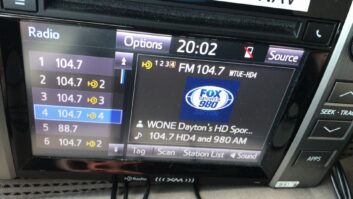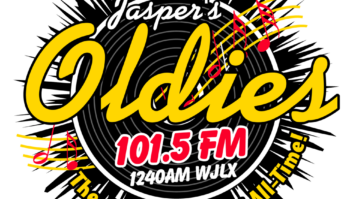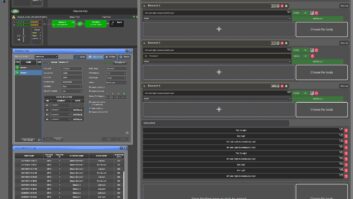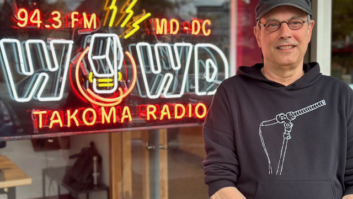AM and FM radio stations are required to operate in the “public interest, convenience and necessity” regardless of band, dial position, wattage or coverage area. Class D AM radio stations can’t serve the public convenience when they receive destructive interference, or when they must reduce power or sign-off completely in the middle of afternoon drive.
Adopting Ibiquity’s AM IBOC as the new AM “standard” is just plain stupid. And, as talk radio callers remind us, you can’t fix stupid.
Why adopt a standard that causes destructive interference to your station and all your neighboring stations and, a standard that can’t function at night due to skywave?
When I add AM IBOC to the previous list of so-called improvements to the AM band, I get paranoid. Please review my “Top 10 list” and you decide.
1. Adopting wrong AM stereo standard
2. Break up of the big AM clears
3. Reductions to AM frequency response
4. Reductions to AM receiver standards
5. 125 percent positive peak modulation (This rule does not apply to large group-owned stations that modulate at 140 percent or higher).
6. Changes to first- and second-adjacency AM rules
7. Adding expanded-band AM on the wrong end of the dial
8. Adopting the wrong AM digital standard
9. Further reduction in AM frequency response
10. EAS, which allows your local FM rock station to broadcast its call sign and jingle over your weekly test
Now, for the full effect, combine all of the above with more new stations allocated by the AM auction process, a system that equates merit with the amount of dollars you can raise.
Well, enough already. It is time to level the playing field by migrating all AM radio stations to a new expanded FM band at frequencies between 54 MHz and 87.9 MHz.
Currently, only five VHF television channels (2 through 6) occupy 90 percent of this spectrum space. Under current FCC rules, some TV stations will remain on these low frequencies and others will migrate to high-band VHF or UHF frequencies.
In my opinion, the FCC should require all TV stations on Channels 2 through 6 to migrate away from lowband VHF. This will benefit all three services, AM, FM and TV.
Benefits
First, it will eliminate the “impulse noise” associated with operating a digital TV service on a low-band VHF channel.
Second, it will open up enough FM spectrum to accommodate all existing AM stations while providing new spectrum space for thousands of future FM stations.
Third, it will forever eliminate the destructive interference and low-frequency response that plagues AM radio.
Fourth, it will remove pressure from the current FM band, which is limited to only 20 MHz of crowded spectrum.
Each migrating AM should receive an FM frequency allocation consistent with the rules and mileage separation requirements governing the FM table of allotments. Further adjustments should be made to acknowledge each station’s previous AM class and coverage area with a goal of restoring each station to its previous relative status in the community, except all stations will be licensed as non-directional full-time facilities at a power level determined by mileage separation.
No auctions for migrating AMs, please. The FCC already awards enough spectrum space to broadcasters with the deepest pockets.
Certainly, in the short term, the FCC should listen to the NAB and the comments in favor of using FM translators on AM stations. However, FM translators won’t help AMs in a crowded FM market unless translators are protected. Fat chance. Have you seen the backlog of translator applications already on file? I suspect this translator idea originated with NAB’s membership committee or some public relations group.
If the NAB takes its own proposal seriously, they must ask the FCC for protected translators. That requires giving priority to AMs on a needs basis. Anything less just adds interference to the FM band and does nothing to fix AM.
If the FCC were to prioritize FM translators for use on the AM band, the first grants should go to Class D, AM daytime stations that currently broadcast on Mexican and Canadian clear channels, and within that category, priority should be given to those stations receiving destructive interference from illegal stations across the border. Again, no auctions, please.
Realistically, all of the above is little more than wishful thinking on my part. In the long run, our success as AM broadcasters will not be determined by our band, our dial position or even our terrestrial coverage. Instead, we will be rewarded by quality content as broadband wireless Internet quietly levels the playing field.












